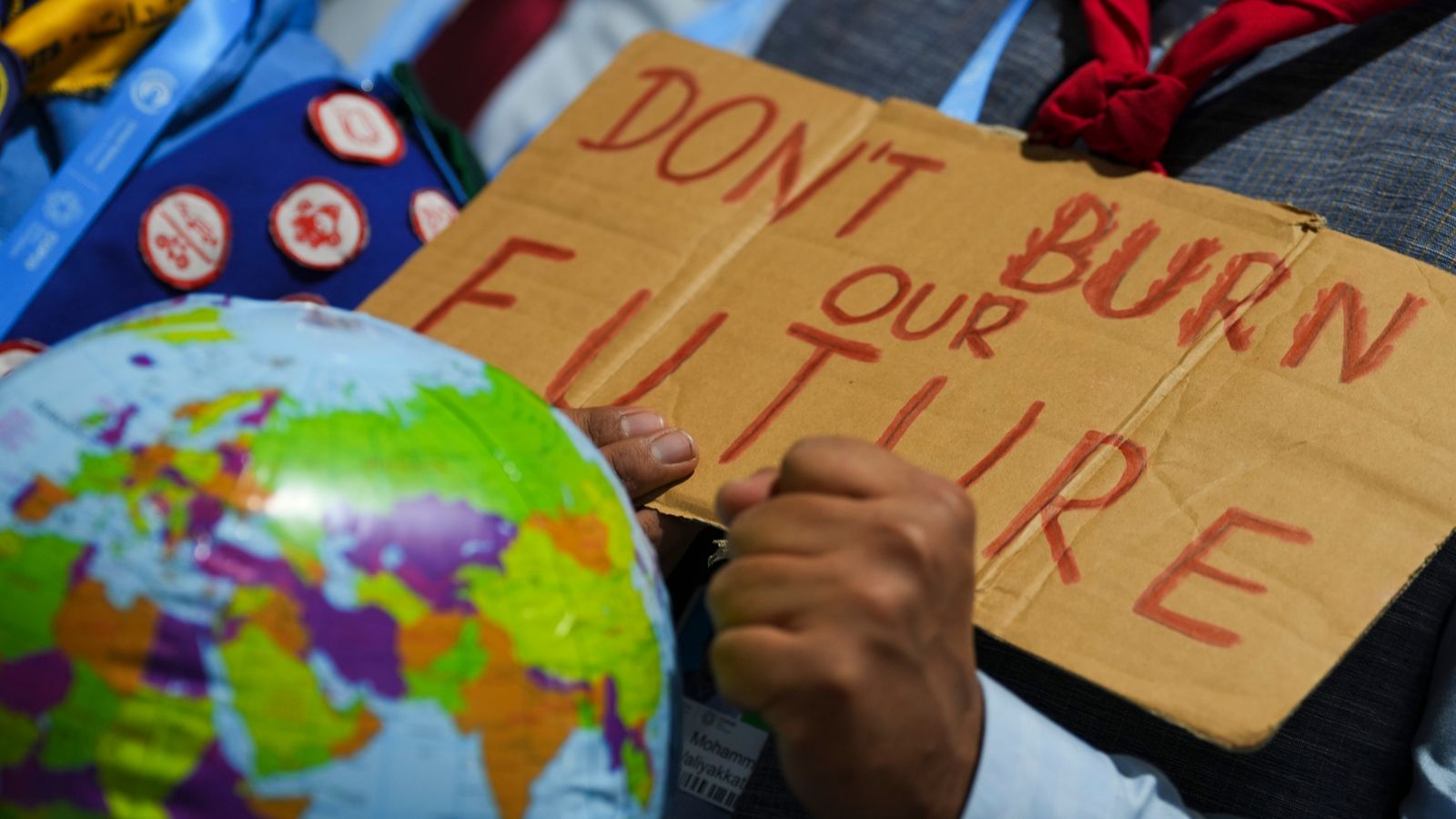
It has only been a week since the army reclaimed pockets of Khartoum North – the once bustling north-eastern wing of Sudan’s tri-city capital, locally known as Khartoum Bahri.
The hum of warplanes and crack of gunfire still punctuate life here. But the gunfire is now outgoing, and the warplanes are searching for enemy targets that have been pushed further back.
A year-and-a-half long siege by the Rapid Support Forces (RSF) is now over for some. But the scars still mark the streets, the homes and the few families still in them.
Hundreds of thousands of civilians have fled Khartoum Bahri to safer states within Sudan, neighbouring countries and beyond.
There was a haunting emptiness when we arrived in Halfaya – an old tight-knit neighbourhood where parents watch their children become parents across the narrow dirt roads.
Today, overgrown vines reach into the shattered windows of cars abandoned in the yards of their owners.
Inside, the homes are overturned, looted and destroyed by bullets and missiles.
👉 Tap here to follow the Sky News Daily podcast 👈
Read more:
What has been happening in Sudan?
‘They started killing people in the streets’
All that was left behind – photo albums, pencil cases, clothes and books – mean everything to a select few. Many left hoping it would only be a short while before they could return.
But not everyone could leave.
“We don’t have a single penny to leave with. We didn’t have anything and never expected this,” Faiza Ishaq tells us in front of her home.
“I don’t have any family here – all my people left. I’m just with my two children and husband.”
Other than a handful of remaining neighbours, we are the first civilians Faiza has seen in close to 18 months of war.
She collapsed into sobs on my shoulder soon after we happily hugged each other hello. In a moment, her new sense of relief was overshadowed by months of deep horror and grief.
“Since they came a year and a half ago, I developed a tremor in my whole body. My hands shake so much I can’t eat without spilling food,” says Faiza, visibly trembling.
“We have been living in such terror – they can jump the wall at 2am. They hurl insults at us and threaten to take my 12-year-old daughter.”
She says their neighbours were killed by the RSF while fighting to protect their two sisters from rape. Her utmost fear was that her young daughter would be next in line.
“They would say to me ‘give me your daughter to marry or we’ll take her’. When they would come to the house, I locked her in the bathroom.”
The little food and support they could find under siege came from around the corner. Her neighbour Sumaya has turned her house into a community kitchen.
With the markets emptied, the chicken coup in the corner of her yard and grains bought with donations raised from Sudanese people abroad were used to feed as many remaining families as possible in the harshest of conditions.
“The fear and trauma have made us sick. We were never like this – we are finished,” says Sumaya.
“We have all lost weight and feel weak because they could knock the door at any moment. If someone knocked on the door without saying my name I felt gripped by fear.”
As we stood there and spoke in the heat of the day, one of the community volunteers, Firas, had to go and lie down.
He has malaria for the fourth time since the war started. Even in the wake of this military gain, movement and medical treatment in the capital is severely limited.
“I faint two to three times in a month from a lack of nutrition,” says Firas.
He has survived army airstrikes, RSF harassment and the dangerous work on electrical cables he has had to risk to keep the power on in the neighbourhood.
“It really was kill or be killed. We told our families that if we die, just forgive us.”
















